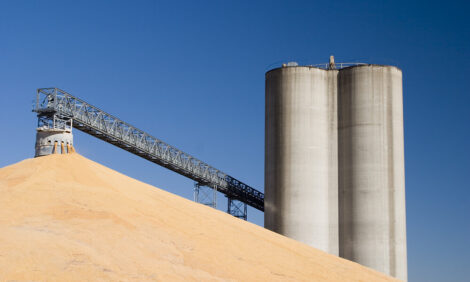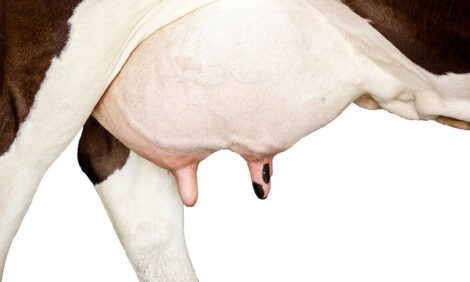



Upgraded Cornell facility to help study dairy emissions
The partnership between industry, government and academia is bringing a state-of-the-art lab upgrade to the universityCornell’s Department of Animal Science is to be the recipient of a state-of-the-art lab upgrade thanks to a partnership between industry, government and academia, wrote Krisy Gashler for the Cornell Chronicle.
The Large Animal Research and Teaching Unit will receive four climate-controlled respiration chambers for the study of gas exchange of dairy cattle and other livestock. They will be the first of their kind in the US. The chambers will allow researchers to develop solutions to reduce methane emissions.
“These chambers are important because they’re the most accurate, gold-standard approach to measure methane emissions from dairy cattle,” said Joseph McFadden, associate professor of dairy cattle biology in the College of Agriculture and Life Sciences. “You can measure methane using other types of equipment, but they’re less accurate, or they don’t measure all the greenhouse gases animals emit or consume, and they don’t allow you to control the environment.”
McFadden announced the project at the 83rd annual Cornell Nutrition Conference, held last week. Cargill provided $355,000 toward the respiration chamber system. The Genesee Valley Regional Market Authority, a local authority of New York state that supports agriculture in nine western New York counties, provided $200,000, and CALS and the Department of Animal Science are providing approximately $150,000.
The respiration chamber will be built and installed in spring 2022 by No-Pollution Industrial Systems, an engineering firm based in Scotland.


